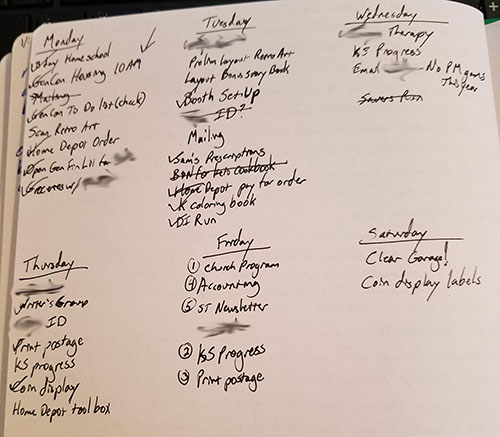This week NASA was supposed to have the first all-women space walk. Two female astronauts were going to don space suits and leave the space station to do necessary maintenance. This event gained traction on social media where people became excited at a milestone event demonstrating that women were less sidelined than they used to be in STEM fields. Then the mission was scrubbed because the space station only has one suit readily available that is sized appropriately for women. It was a decision made solely on logical, safety reasons, with no intent to take something away from women. There is no intent to make women less than or push them to the side. And yet, a woman has to stay in the space station so a man can take her place.
I’ve been watching conversations about this via twitter. I’ve seen explanations of space suits and why fit is a safety issue. I’ve seen long historical threads showing the history of Women and NASA. I know that this is, theoretically, only a small setback in the progress of women in science fields. Or rather, it could be a small setback as long as those in charge of budgets use this moment to commit to making space suits for a larger range of astronaut body types. According to the article linked above, NASA is committed to doing just that. However, they aren’t the only ones involved in the decisions. It would not all all surprise me to see that for logical, financial, and space reasons the people in charge decide not to fund, transport, and store more space suit sizes. It has happened before, which is part of how we ended up here.
In order to allow two women to space walk together, someone has to decide that making that possible is more important than logical financial calculations. Based on past record, I can’t feel sure that someone will decide in favor of a wider range of suit sizes. Even if they do, there is still a loss here. This moment is gone. These two astronauts can’t do their job together this week. Because of duty rosters they may never get the chance to walk in space together. That may or may not be a personal emotional loss for these astronauts. But I am definitely seeing sadness and loss in people online who were looking forward to a moment that is now pushed off into an uncertain future months or years from now instead of happening this week.
I am feeling the loss of that moment. Not so much because I was eagerly anticipating it or riding much emotion on an all-female space walk, but because having the moment taken away resonates with personal experiences where for logical, financial, scheduling reasons I had to do the equivalent of staying inside the space station while someone else goes out to walk. A single incident of this type isn’t so bad, but I have an accumulation of them. Over and over and over it makes perfect, logical sense for me to stay at home, to not go to events, to put my creative work aside and do the administrative work instead. The pattern is persistent enough and grieving enough that Howard and I have deliberately taken steps to counteract it. We sometimes choose to ignore the most logical path and decide based on emotional or aspirational reasons instead. Having these conversations and altering our decision processes has done much to heal me from the repeated wounding I experienced. I still get hit by it though. Usually by events/decisions outside Howard or my decision making power. And it’s never personal, just logical.
So I really hope that NASA and others with decision making power use this as a moment to remember that they are an aspirational entity. All of our space missions exist because we’re willing to reach for learning and experience that doesn’t always make logical financial sense. Making space accessible to more people means more sizes of space suits, and more people on design teams who recognize the need for them. NASA can do better. We all can.

